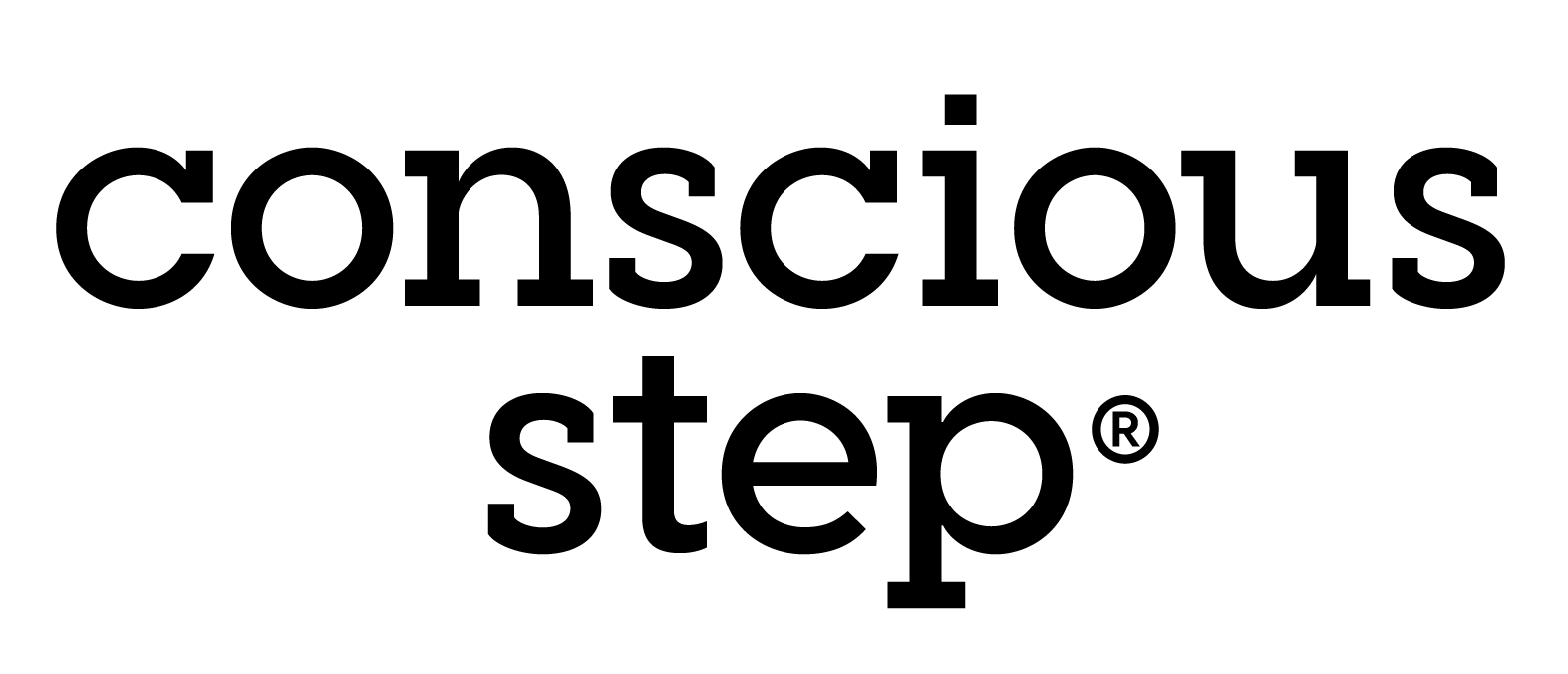 It’s Earth Month! If you know us, you probably already know that this is the time of year we dedicate special attention to our nonprofit partners, like Oceana, Trees for the Future, Conservation International, Wildlife Warriors, and National Parks Conservation Association, that do amazing things for our planet. But did you know that in addition to giving back to planet-friendly causes, all of our products were designed with environmental sustainability in mind?
It’s Earth Month! If you know us, you probably already know that this is the time of year we dedicate special attention to our nonprofit partners, like Oceana, Trees for the Future, Conservation International, Wildlife Warriors, and National Parks Conservation Association, that do amazing things for our planet. But did you know that in addition to giving back to planet-friendly causes, all of our products were designed with environmental sustainability in mind?
As a brand that wants to truly create a positive impact, sustainable materials and manufacturing are really important to us. That’s why we chose organic cotton for our socks and sweatshirts - because it’s a material that actively lowers its environmental impact and prioritizes human health over short term profit. That’s why the cotton in our socks is certified by the Global Organic Textile Standard (GOTS): the worldwide leading textile processing standard for organic fibers, including ecological and social criteria.
Below, we’ve answered some of the leading questions about organic cotton materials, and how they fit into our brand values:
How did we get the certification?
A textile product carrying the GOTS label must contain a minimum of 70% certified organic fibers. All of our socks fit this criteria (and we’re working on having our sweatshirts certified because those do too)!
What does it mean to be organic?
Organic fibers are natural fibers grown without the use of synthetic pesticides (such as insecticides), or herbicides and GMOs (Genetic Modified Organisms) according to the principles of organic agriculture.
How is organic cotton better for the environment?
By cutting out synthetic pesticides, you allow for more biodiversity and contribute to better soil health, especially if they’re using regenerative farming practices (which organic cotton farmers are more prone to do). Plus, cutting out the exposure to these chemicals is better for the farmers as well, since there are 15 known carcinogens found in certain common pesticides.
Why is organic cotton more expensive?
Because organic cotton farming is more intensive and GMOs are not used, the crop yield is often much lower than traditional cotton. That makes it a hotter commodity, and more expensive to purchase as a material.
Where does your organic cotton come from?
Our cotton comes from India, an area of the world with more cotton farmers than any other country.

How do you ensure your cotton is actually organic?
For our socks, our cotton is double-certified with GOTS and Fairtrade America! Our Fairtrade certification also ensures that our cotton is sourced from the right areas, and harvested ethically with fair labor practices.
Organic agriculture is a production process that sustains the health of ecosystems, soils and people. And that’s what we’re all about - creating a world that’s better for everyone.
Got any more questions for us to answer? Shoot us an email at hello@consciousstep.com!



